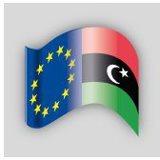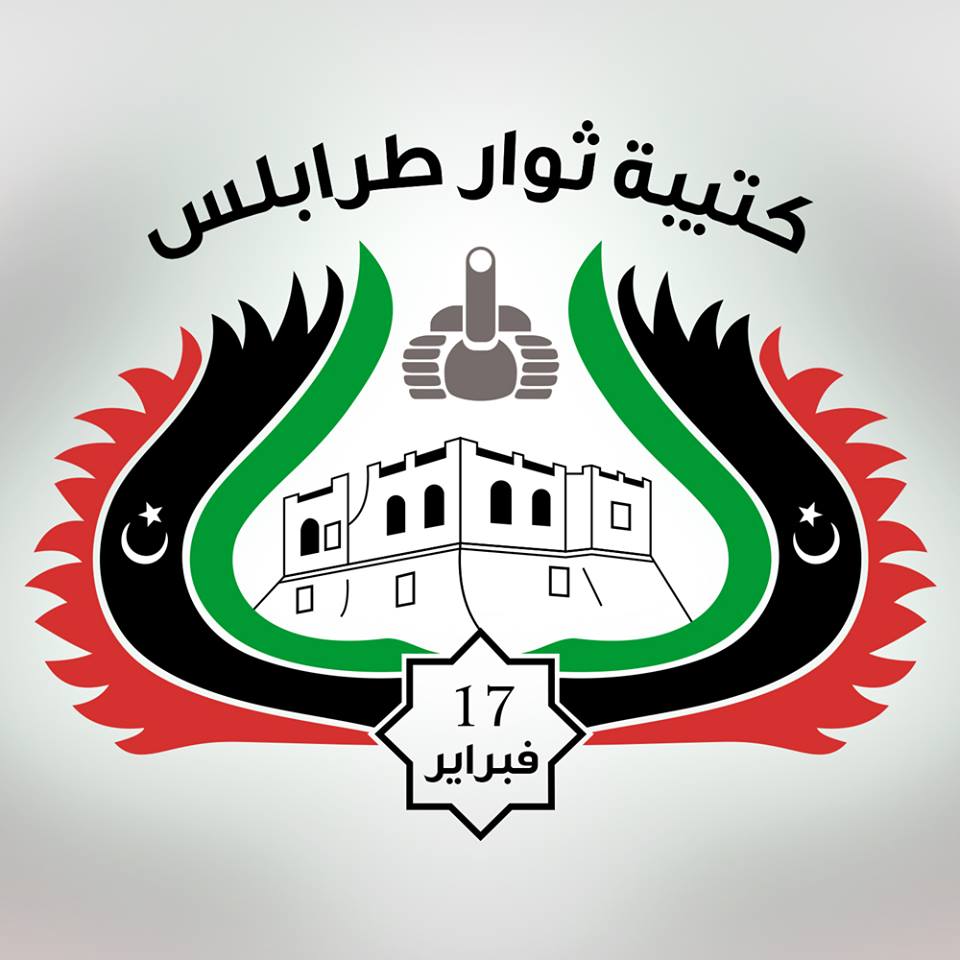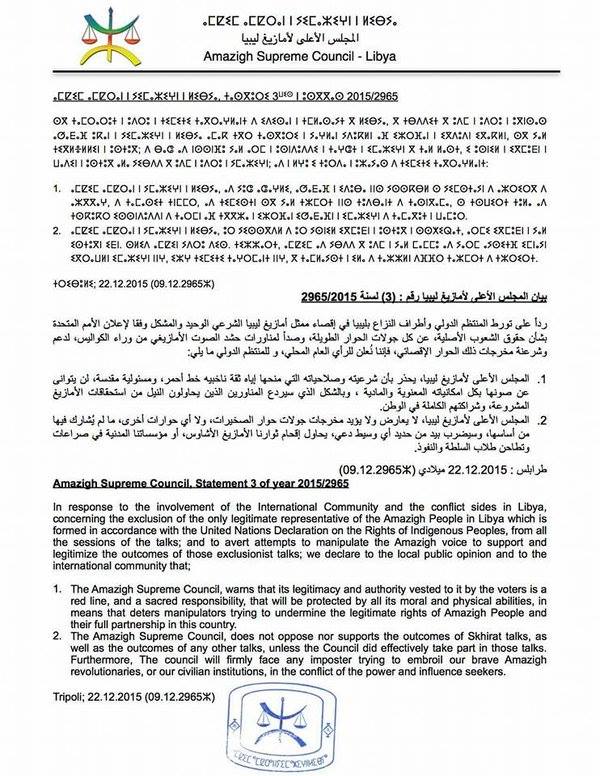Libya Herald reporter:

Tunis, 24 December 2015:
The European Commission has announced that it has finalised a new assistance . . .[restrict]package for Libya worth a total of € 6.6 million – with € 100 million available once the Government of National Accord (GNA) is in place..
This support is financed under the European Neighbourhood Instrument in the framework of the European Neighbourhood Policy.
Through this support, the EU says that it ”confirms its continuous support to the Libyan population in helping them to increase access to health services and in supporting youth in this extremely volatile situation”.
The support package consists of two programmes:
1- Support to the health sector (€3.6 million): The project goal is to improve the health care provision efficiency in Libya by focusing on two aspects. First, it aims at improving the supply chain through increased quality of planning, management and monitoring of the medicines and supplies in Libya. Second, it targets the improvement of the management and quality of the health information system. This action builds on previous interventions in the health sector and is complementary to ongoing actions.
2- Support to Libyan youth (€3 million): This project will contribute to the resilience and social inclusion of adolescents and young people in Libya. In particular, it aims at enhancing adolescents’ and young people’s active role in society.
This will be achieved through access to non-formal education, livelihoods programmes, recreational and cultural services and peace building dialogue in selected areas across Libya.
The EU has thoroughly consulted its Member States, UNSMIL and other relevant donors active in Libya about the projects.
The EU says that the gradual political polarisation and the security deterioration in Libya reached its peak during the hostilities of summer 2014 which finally derailed the democratic transition.
The rapid deterioration of the health sector is decreasing access to medicines and medical supplies and increasing the danger of complications due to irrational drugs use.
Moreover, the absence of a reliable health information system increases the hazard of spreading communicable diseases. Youth is a key priority for a peaceful and prosperous future of Libya. Young people are potential actors for the stabilisation process and key players in the democratic transition.
The EU confirmed that it ”fully supports the UN-led political dialogue through political, diplomatic, financial, and logistic support and stands ready to support a GNA, as soon as it is established, with a support package of more than €100 million, of which €50-60 million can be mobilised at short notice”.
[/restrict]








